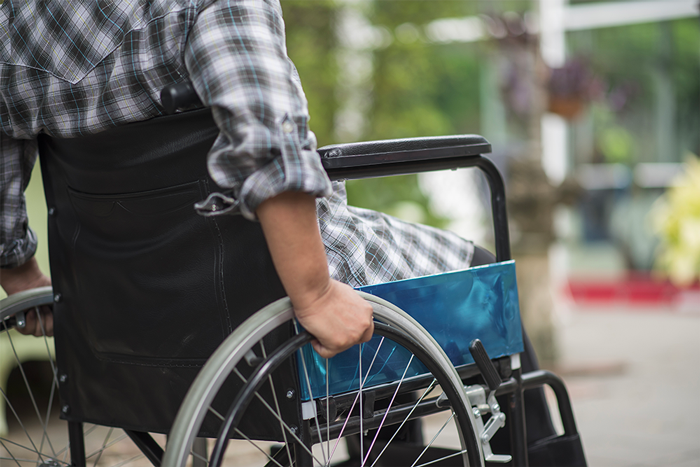
Disability in Italy
Under the term disability refers to the personal condition of those who, as a result of accidental impairments, more or less severe, affecting the physical, mental, and senses, differ significantly from the concept of normality.
Therefore, the person in question has a ridotta capacità d’interazione con l’ambiente sociale and results less autonomous in performing daily physical activities.
Over the years, the concept of disability has also evolved.
For a long time in Italy, disability was understood according to two definitions :
-
Definition by the doctordisability as a synonym for physiological and psychological abnormalities requiring medical treatment.
-
Social DefinitionDisability refers to disadvantages caused by the physical and social environment that limit the well-being of disabled people.
According to the vision of theWorld Health Organisation (WHO) neither definition is sufficient, but they should be integrated with each other.
With this, it is important to emphasise that the need of the person with a disability is above all to find a suitable environmental context to mitigate his or her disability.
In the Italian provisions, however, disability is anchored in two articles of the Italian Constitution:
Art. 3 of the Constitution, states that 'all citizens have equal social dignity and are equal before the law, without distinction, and that 'it is the duty of the Republic to remove obstacles of an economic and social nature, which, by limiting the freedom and equality of citizens, prevent the effective participation of all workers in the political, economic and social organisation of the country'. The same article prohibits the distinction 'of sex, race, language, religion, political opinion, personal and social conditions'. The latter strongly affirms the civil rights of everyone and, therefore, also of persons with disabilities.
Article 38 of the Constitution, which provides that "every citizen unable to work and lacking the necessary means to live has the right to maintenance and social assistance". Quasi-compensatory assistance, therefore, once destitution and incapacity have been proven, it is only fair that persons with disabilities be provided with the right means to live, choose and participate, like others.
